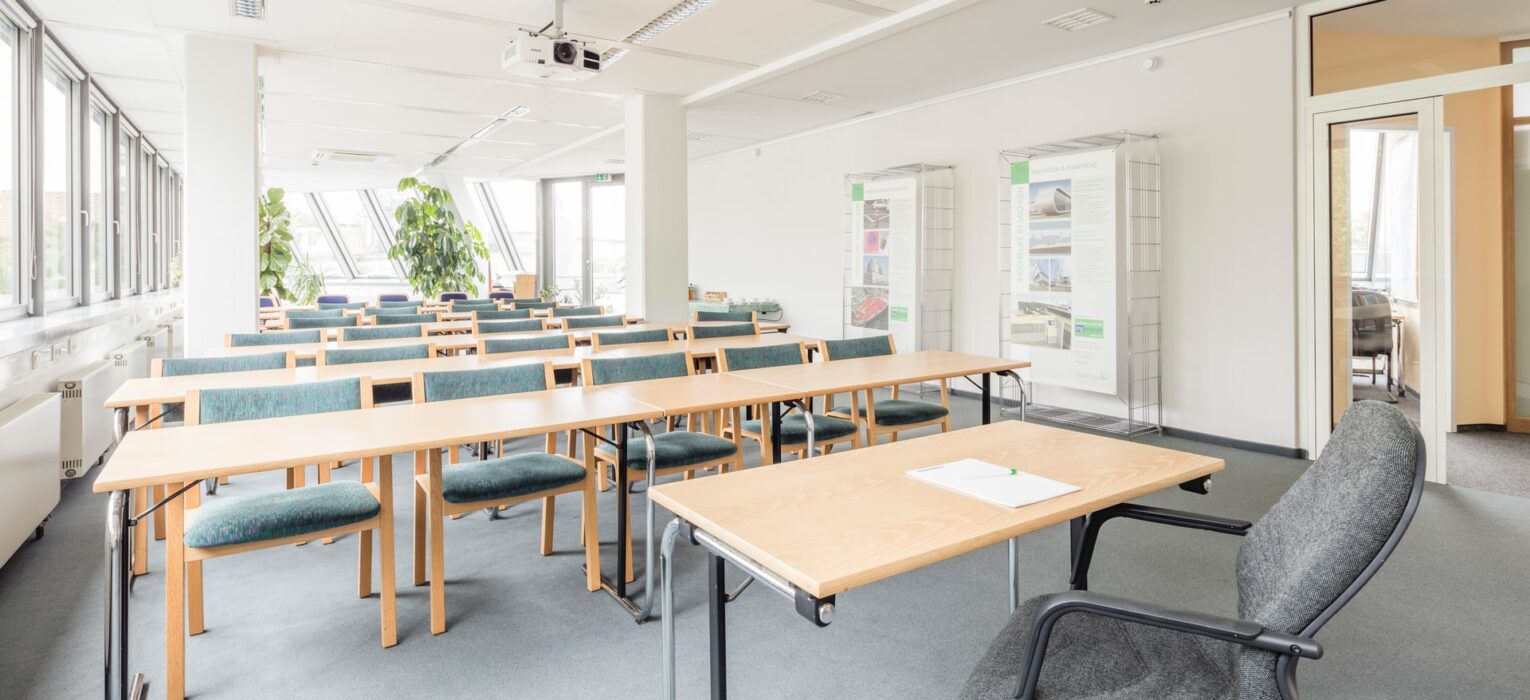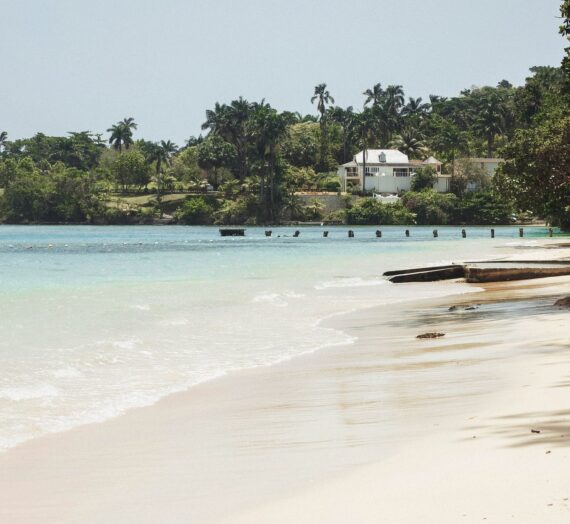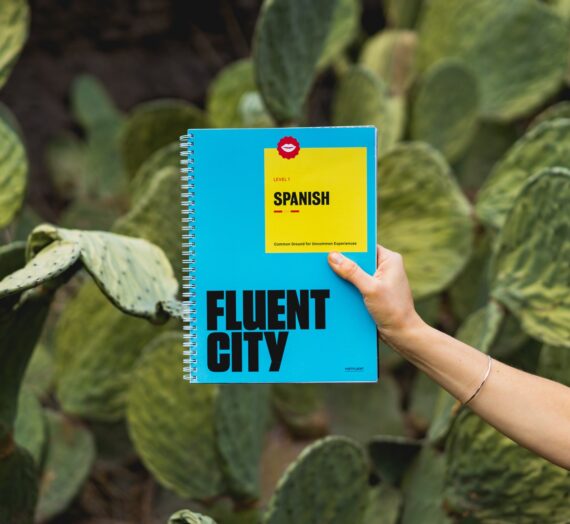Fun fact: October was Creole Heritage Month, something that isn’t celebrated in Jamaica. What does that have to do with this Jamaican blog? Especially since it’s November? In celebration of Creole Heritage Month the Alliance Française de la Jamaïque decided to hold a Zoom session introducing us to French Creole or kréyol. This event was held October 25, so they were on time, my post is late.
Admittedly, I was pretty excited at the prospect of learning French creole. I’m excited about virtually anything French-related, but French creole may have felt more culturally relevant to me as a Caribbean person. But I digress. The event was hosted by the Martinican Director of the AFJ, Larry Lamartinière (you remember the hype man from the Apéro), so we were learning Martinican French creole (with a sprinkle of Haitian creole for comparison).
Normally, when someone starts any class with the word “Intro” I don’t expect to learn more than a handful of key phrases that I ultimately have little practical use for. My expectations were exceeded exponentially in this session. Things started off with a short history and linguistics lesson. We learned what languages influenced this particular brand of French creole, namely French and African languages with Taino, Spanish and English influences. We also learnt where one can expect to hear French creole. There were the obvious candidates such as Guadeloupe, French Guiana and St Lucia and some less obvious (to me) such as Brazil, Grenada and Trinidad. The session was not caught up in this aspect of the lesson. There was enough context to appreciate what was being taught, but not too much to bore you into leaving the Zoom call.
Next we got to the good stuff – learning French creole. There were key phrases we had to learn to facilitate our learning like mwen ni an kesyon (I have a question) and kissa sa lé di? (what does it mean?). If nothing else you left the session able to ask one of those questions. Now imagine some of the most fundamental things you learned or expect to learn when first learning a language. We learned those things in French creole. So we learned the alphabet – both letters and phonetics, pronouns and numbers. Then we reached the point of learning greetings and introducing ourselves. I will leave it to your imagination how well that part of the class went. I will say that we all did not sound like Larry from Martinique. And we stepped a little beyond the basics to simple verbs (to eat, to drink, to sleep) and a few countries and nationalities. An intro class didn’t get more thorough than this one. I felt as if with a good amount of practice, I could start to hold some semblance of a conversation.
Overall, having a knowledge of French helped me figure out aspects of French creole – or at least, the basics that we learned. Not necessarily seeing it written down. But hearing it spoken and knowing some French, I felt I could piece together some of what I was hearing. And the same could be said for Jamaican patois. Written down, it’s the hardest thing to understand. Let’s face it, creole/patois was developed from being spoken, not written. So it follows that hearing it makes it come alive and understandable to a listener rather than a reader. But that’s just this writer’s opinion. And at the risk of sounding cliché, this session was just another reminder that we’re more similar in the Caribbean than we care to admit.
The evening ended with zouk. Zouk can refer to both the music and dance you do to that music. French creole is the language of zouk music so we got a taste of old school and new school zouk. But the honourable mention of the night has to go to the video of a zouk dance. My Jamaican expectations did not prepare me for what I saw. The best way for me to describe the zouk dance is holding your partner very close as you move. It was definitely more intimate and sensual than what I was used to seeing. They don’t dance like that to dancehall. And the general consensus was “why are they so close?”
I’ve said it before and I’ll say it again. I love the variety and accessibility of AFJ’s online events. And because I personally want to improve my non-existent French creole skills, I hope there’s another such session in the near future.




